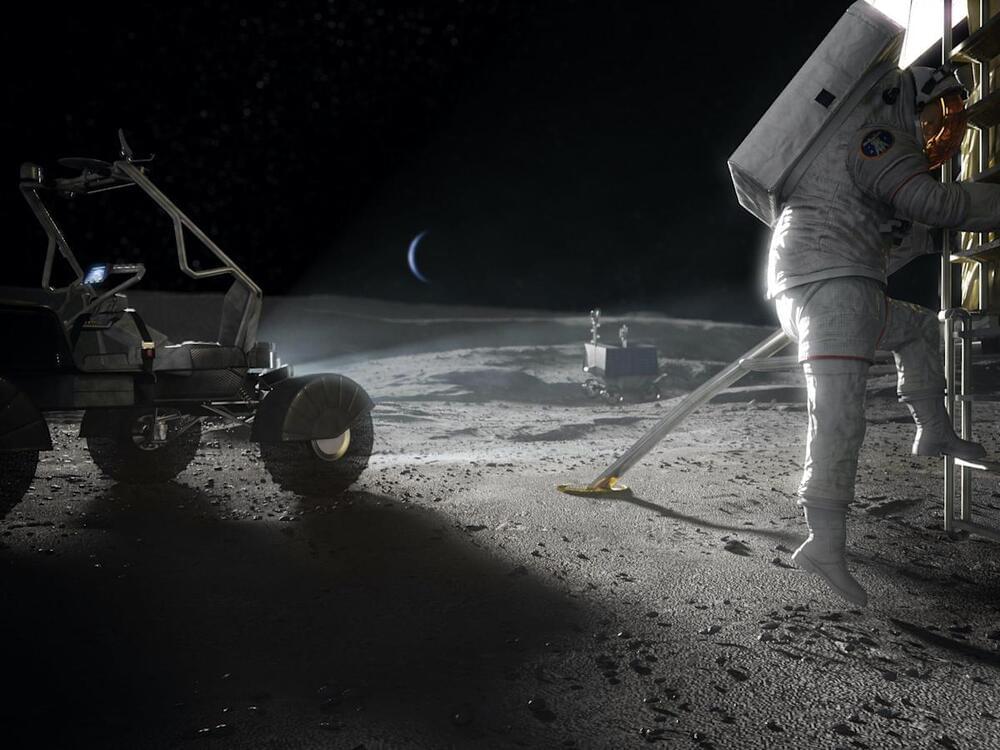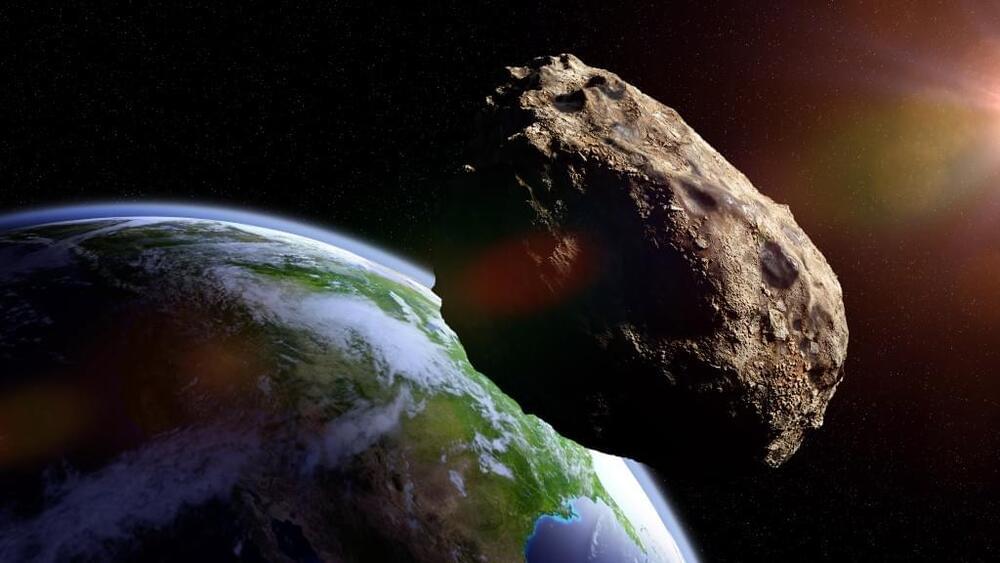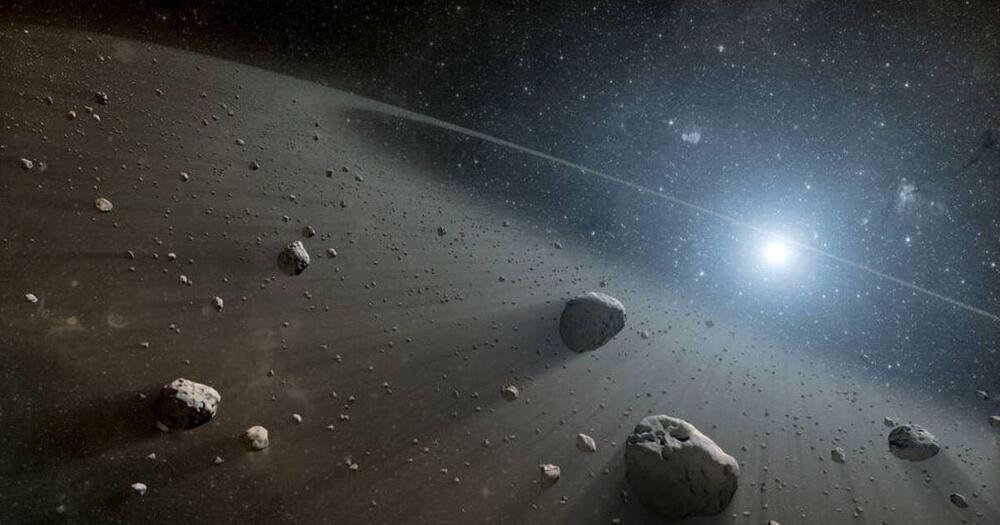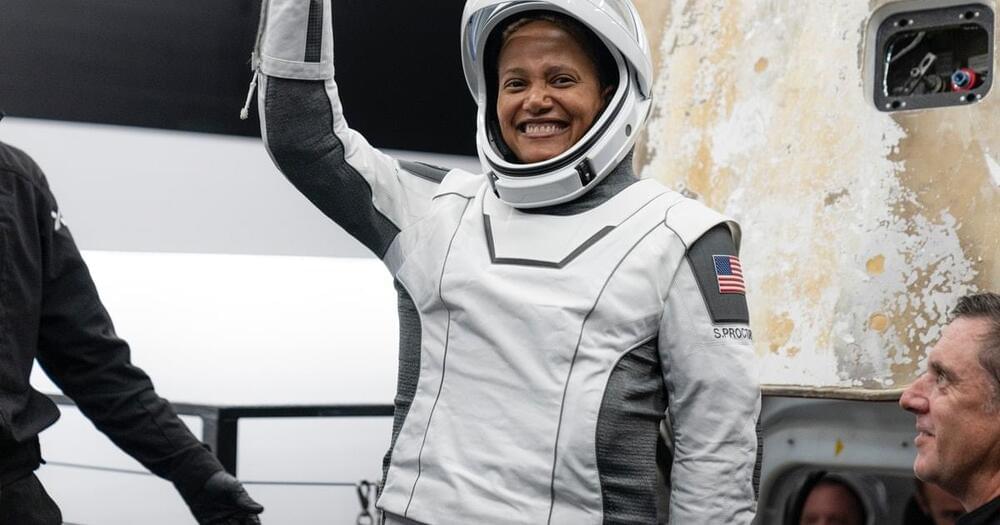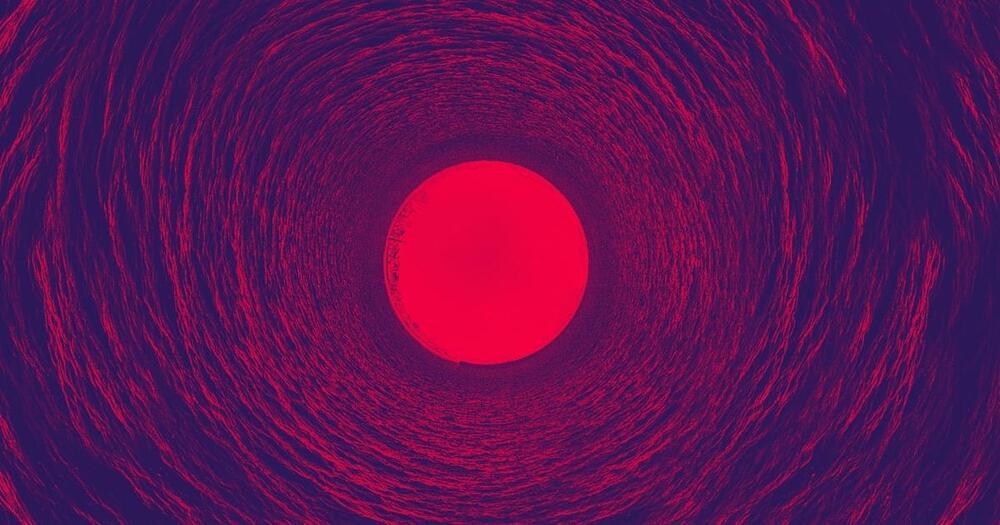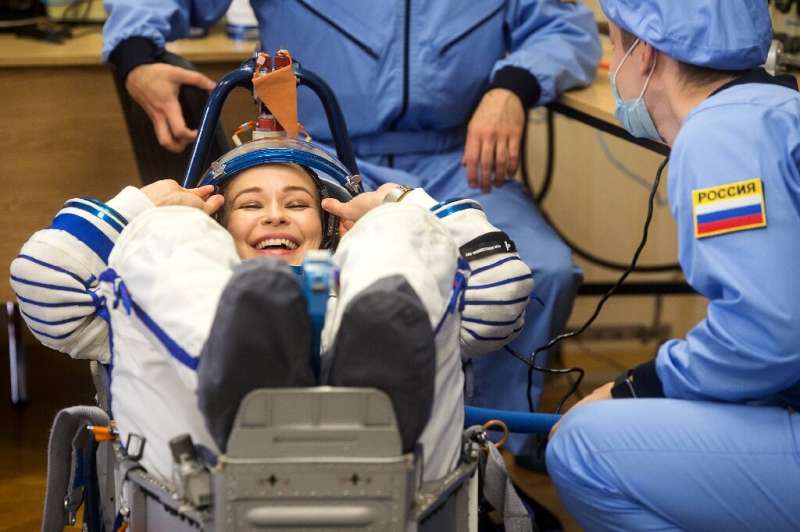BEIJING, Oct 18 (Reuters) — China tested a space vehicle in July, not a nuclear-capable hypersonic missile as reported by the Financial Times, the Chinese foreign ministry said on Monday.
Quoting five people familiar with the matter, the Financial Times reported on Saturday that China had tested a nuclear-capable hypersonic missile that flew through space, circling the globe before cruising down toward its target, which it missed by about two dozen miles. read more. The paper said the feat had “caught U.S. intelligence by surprise”.
“It was not a missile, it was a space vehicle,” ministry spokesman Zhao Lijian told a regular press briefing in Beijing when asked about the report, adding it had been a “routine test” for the purpose of testing technology to reuse the vehicle.

